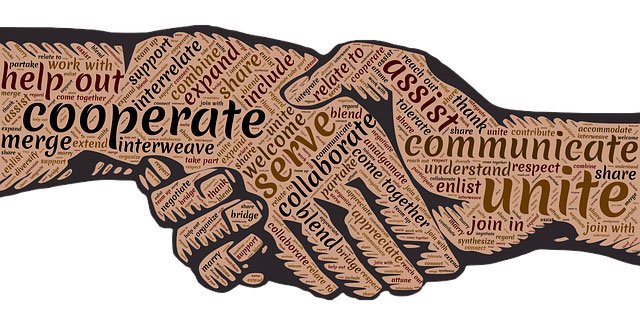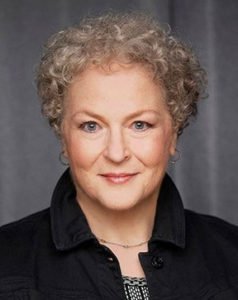The Wisdom of Childhood for Living Our Beliefs

By Dr. L. Carol Scott,
How much closer to Spirit, God, Goddess (or whatever you call the holiest of holies), how much closer to divine guidance would we live, if we treated each person in our lives as divine in origin? If we truly know that we are each created, blessed, and loved by the divine, then what are the implications for our interactions with each other?
We’d get along beautifully with everybody, right? ALL our relationships at home, at work, and in the community at large, would overflow with trust, healthy interdependence, joyful play, and mutual respect and satisfaction, right? Wouldn’t every interaction with others be graced by acceptance of who they are?
You may be surprised to learn that every human capacity you have for those kinds of relationships was shaped in you before age seven. Not everything we need to know was learned in kindergarten, as Robert Fulghum’s book promised. Much of it we learned years before that schoolhouse door. And that is why most of us struggle with treating others as divine beings.
When our treatment of others fails to align with our spiritual principles, our human ego is telling us lies about ourselves and our loved ones. Sadly, most of those lies were first told during those early years. When each of us was born, we were beautifully and perfectly programmed to learn how to trust people and get along with them. And then life messed with our programming.
We are each born with this wisdom of childhood to ensure healthy relationships, in the form of 7 Childhood Treasures that enable us to express our spiritual beliefs interpersonally. Whether we seek to recognize our unity in a divinely interdependent web of all existence or seek to follow the Ten Commandments is irrelevant. Honoring others, whom we recognize as created by and embodying a divine power, treating them with respect as we interact with them, remains central to living those beliefs.
Good news! It is never too late to re-construct “how relationships go.” Early influences need not sentence us to a lifetime of painful or stressful relationships if we’ll do our work. The capacity for trust, damaged in our first six months, can be healed. We can learn to respect differences now if we didn’t at age two. Development Do-overs, in fact, are easier than the original. If you want to be closer to your concept of the divine, I recommend happier, more satisfying relationships as a critical pathway. Dr. Carol Scott’s career focuses on early childhood development and its long-term impact on adults. For more than four decades, she has worked directly with thousands of children and adults, as she also walks a road to recovery from a childhood of abuse and trauma. Her master’s degree in early education and PhD in developmental psychology gave her the knowledge, and her life gave her the mission: to change the way we treat each other in America. www.lcarolscott.com
Dr. Carol Scott’s career focuses on early childhood development and its long-term impact on adults. For more than four decades, she has worked directly with thousands of children and adults, as she also walks a road to recovery from a childhood of abuse and trauma. Her master’s degree in early education and PhD in developmental psychology gave her the knowledge, and her life gave her the mission: to change the way we treat each other in America. www.lcarolscott.com
Clasped Hands image by John Hain
